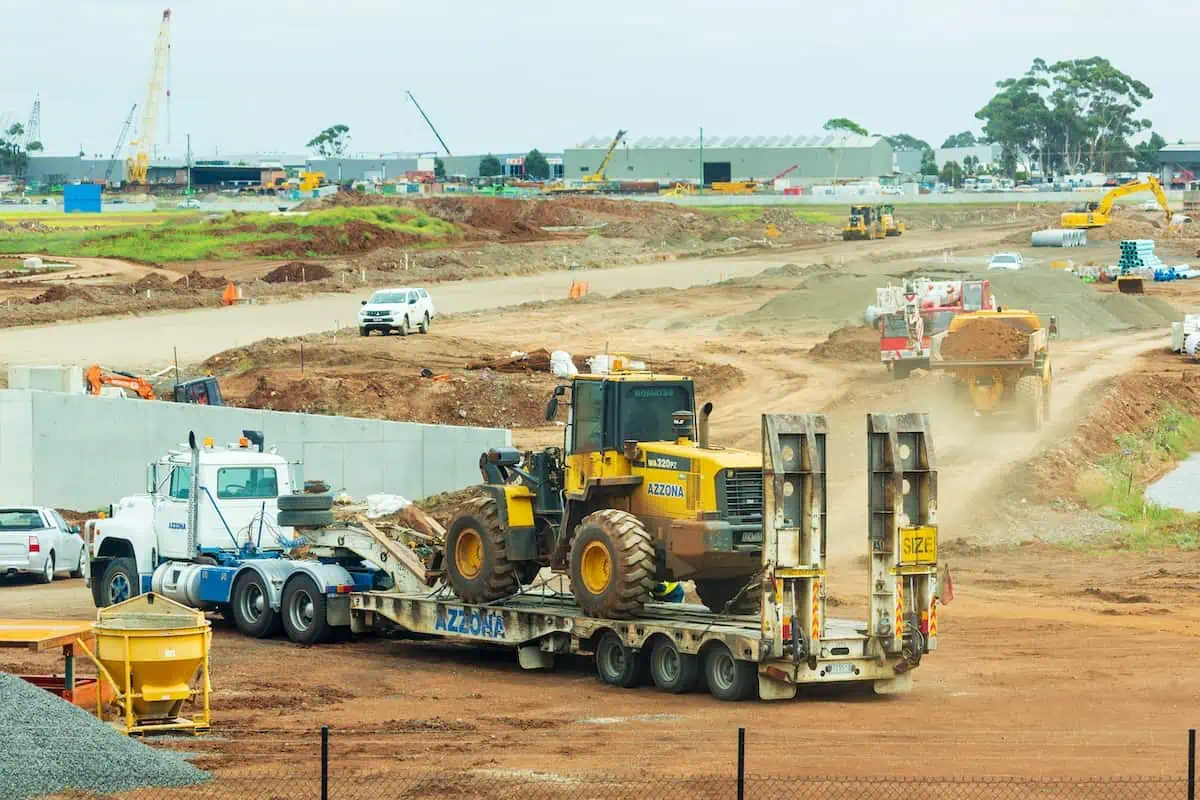Relocation projects, whether driven by corporate expansions, facility upgrades, or strategic business decisions, are complex endeavors that require meticulous planning and execution. While the prospect of a new location may be exciting, it is essential to recognize and address the potential challenges that may arise during the relocation process.
This blog, will delve into one significant aspect of relocation projects: moving machinery, and explore the broader challenges associated with such endeavors.
Strategic Planning and Decision-making
Relocation projects demand comprehensive strategic planning to ensure a smooth transition. Identifying the right location, considering market conditions, and aligning with the organization’s long-term goals are critical.
Challenges may arise when decision-makers fail to conduct thorough research or misjudge the impact of the move on various stakeholders. Unclear objectives and a lack of alignment with business strategies can lead to costly setbacks.
Regulatory Compliance
Relocating machinery often involves complying with a myriad of regulations, both at the current and destination locations. Legal requirements, environmental standards, and safety regulations may vary, adding complexity to the relocation process. Failure to adhere to these regulations can result in legal complications, fines, and reputational damage.
Financial Constraints
Budgetary considerations play a pivotal role in relocation projects. Unforeseen expenses can quickly accumulate, ranging from transportation costs and equipment disassembly/reassembly to unexpected delays. It is crucial to develop a realistic budget and contingency plans to mitigate financial risks and ensure the project remains within financial constraints.
Logistical Challenges
Moving machinery requires careful logistical planning. Coordinating the transportation of heavy equipment, obtaining necessary permits, and ensuring compliance with transportation regulations can be daunting tasks. Delays in logistics can lead to downtime, affecting productivity and profitability.
Partnering with experienced machinery movers becomes indispensable and ensures the seamless and secure transportation of heavy equipment while mitigating the risk of disruptions and delays.
Technology Integration
Relocation often involves the integration of existing technology into the new facility. Ensuring that machinery is compatible with the new environment, and that the necessary infrastructure is in place, is a substantial challenge. Incompatibility issues may result in costly modifications or the need for additional technology investments.
Employee Morale and Talent Retention
Relocation projects can have a significant impact on the morale and well-being of employees. The prospect of moving to a new location may be met with resistance, and the disruption to daily routines can affect productivity.
Retaining key talent during the relocation process is essential for business continuity, and organizations must carefully manage communication and employee support programs.
Supply Chain Disruptions
Relocation can disrupt established supply chains, affecting the timely delivery of materials and components. This can result in production delays, customer dissatisfaction, and potential revenue loss. Companies must develop strategies to minimize supply chain disruptions, such as establishing alternative suppliers or implementing inventory management measures.
Infrastructure and Utilities
Ensuring that the new location has the necessary infrastructure and utilities to support the machinery is crucial. Issues such as power supply, water availability, and waste management must be thoroughly assessed. Inadequate infrastructure can lead to operational inefficiencies and increased costs.
Environmental Impact
Relocating machinery may have environmental implications, especially if the equipment contains hazardous materials. Organizations must navigate environmental regulations, disposal procedures, and potential community concerns. Failing to address the environmental impact of relocation can lead to legal consequences and damage the company’s reputation.
Cultural and Social Challenges
Moving machinery to a new location often involves a shift in the organizational culture. Adapting to a new social and cultural environment may be challenging for both the company and its employees. Effective communication and cultural sensitivity training are essential to facilitate a smooth transition and foster positive relationships with local communities.
Health and Safety Considerations
The safety of employees and stakeholders should be a top priority during relocation projects, especially when dealing with heavy machinery. Proper training on equipment handling and adherence to safety protocols are crucial. Failure to prioritize health and safety measures can lead to accidents, injuries, and legal consequences.
Stakeholder Communication
Effective communication is paramount throughout the relocation process. Keeping employees, clients, suppliers, and other stakeholders well-informed helps manage expectations and mitigate resistance. Transparent communication can also address concerns, build trust, and foster a sense of collaboration, making the transition smoother for everyone involved.
Conclusion
Relocation projects, with their myriad challenges, require a holistic approach to planning and execution. Moving machinery is just one facet of this intricate process, and organizations must be prepared to address the broader spectrum of challenges that may arise.
By investing time and resources in strategic planning, regulatory compliance, employee support, and technology integration, businesses can navigate the complexities of relocation projects and position themselves for long-term success in their new environments.
Article and permission to publish here provided by Carol Trehearn. Originally written for Supply Chain Game Changer and published on December 20, 2023.
Cover photo by Troy Mortier on Unsplash.

